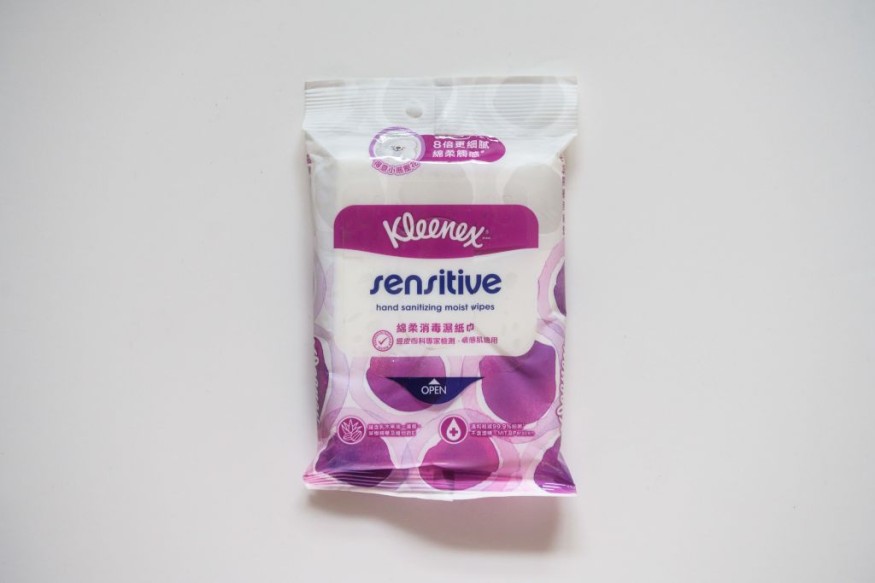
According to latest report, microscopic organisms on sewage-associated discarded polymer swept up on the seashore could somehow stick around well too much just to endanger public health and safety.
Wet Wipes Might be a Habitat for Harmful Bacteria
The researchers from the University of Stirling discovered highly focused water sources of pathogenic material on rubbish including certain disinfectant wipes as well as cotton cotyledonary tends to stick on Scottish beach resorts.
Spearheaded by Professor Richard Quilliam, the study discovered that microorganisms such as E. coli as well as intestinal enterococci (IE) were so much more likely to adhere to some of these polymeric substances than it does to containing natural elements like seaweed and coarse aggregates, extending their durability in the ocean and on the sea shore.
In the interview made by The Times with Professor Quilliam, he told the media that researchers generally understand exactly that industrial waste trash on public sandy beach is ugly, although it might also pose a serious health issue.
Lately, there has been a lot of talk about untreated wastewater about to be immediately dumped in and out of nearby waterways, and even more so within a matter of time of severe rains whenever some municipal wastewater treatment facilities' potential for treatment option is exceeded.
Furthermore, according to the recent report published under the news media site Daily Mail, Professor Quilliam told reporters that several of the polyethylene garbage researchers had already gathered might be from heritage wastewater breaches that have continued unabated in the ecosystem. However, the tonnage of debris researchers is witnessing is frightening.
The crew gathered polymer debris from eleven beach resorts in Scotland's Firth of Forth delta, featuring swimming beach resorts like Aberdour Silver Sands and Portobello.
Researchers anticipated to find a handful disinfectant wipes every now and then, however the crew returned with bundles of them.
While the main proponent of a gained knowledge describing the experiment, Rebecca Metcalf, a Ph.D. expert at the University of Stirling, claimed in her statement that discovering fecal microorganisms might potentially suggest the presence of some of the various infections in humans like those of norovirus, rotavirus, as well as salmonella.
Also read : Why Are Male Mice Afraid of Bananas?
Harmful Bacteria from Disposed Wipes Wash Up on Beachfronts
The amount within which individuals may be given access to these diseases is outside the knowledge base of the investigation, however adolescents gathering up and attempting to play with the wet wipes and perhaps other polycarbonate garbage on the seaside is quite often a concern.
The researchers have further discovered scientific proof suggesting form of life of pathogens - a naturally occurring bacterium, a few other bacterial species of particular may induce quite a few serious gastrointestinal problems - were able to inhabit in the thrown disinfected tissues.
Researchers subsequently discovered significant levels of resistant strains (antibiotic resistant bacteria) in the microorganisms on the disposables as well as cotton bud pieces. The study is an assessment of the Plastic Vectors research work, which is looking at how plastic materials in the economic climate might assist move germs as well as infectious agents, as well as the implications for public medical care.
According to the article published in the journal Marine Pollution Bulletin, sewage-associated polymer garbage thrown up on coastlines could indeed operate as a sanctuary for pathogenic material, possible human infections, and antibiotic susceptibility genetic mutations.
Related article : Earth Heads to Catastrophe as Humans Make the Climate Warm and 'Chaotic'
© 2025 NatureWorldNews.com All rights reserved. Do not reproduce without permission.





